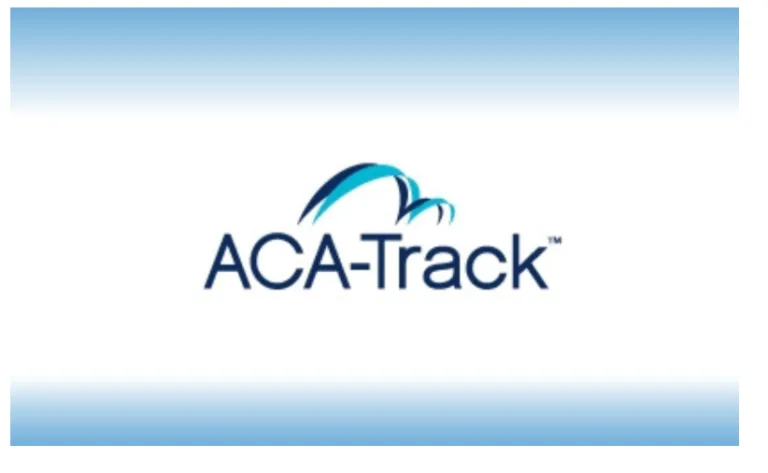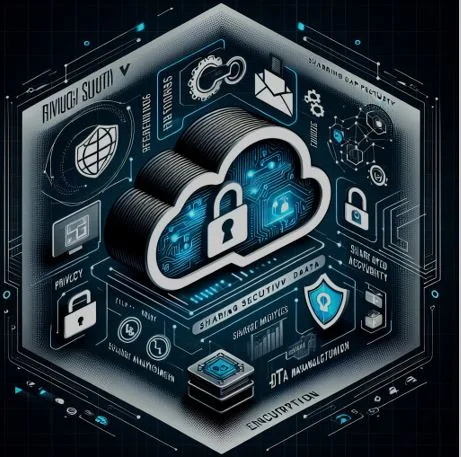Things to Know Before You Apply for an Easy Business Credit Card
Running a business often requires quick access to funds, flexible payment options, and a convenient way to manage expenses. For many entrepreneurs, startups, and small business owners, the solution lies in applying for a business credit card. But not all cards are created equal, and if you want a smooth approval process, it makes sense to look for options that are easy to qualify for.
Before you rush to apply for an easy business credit card, it’s important to understand what “easy” really means, what criteria lenders look at, and how to make sure the card you choose aligns with your company’s needs. This article will walk you through everything you need to know.
1. What Does “Easy” Business Credit Card Really Mean?
When you hear the phrase “easy business credit card,” it doesn’t mean lenders are handing out credit cards with no requirements. Instead, it refers to cards that have:
- Lower eligibility criteria compared to premium corporate cards.
- Simplified application processes—often online, with instant or same-day approval.
- Consideration of personal credit history if your business is new and doesn’t have an established credit score.
Essentially, an “easy” business card is designed for small businesses, freelancers, and startups who need quick access to credit without excessive documentation.
2. Understand the Eligibility Requirements
Even though the process is simple, lenders still look at certain factors before approving your application. Before you apply for an easy business credit card, make sure you understand:
- Personal credit score: If your business doesn’t yet have a credit history, banks will evaluate your personal credit profile. A fair to good score (usually 650+) improves your chances.
- Business documentation: Some cards may ask for business registration papers, GST numbers, or proof of revenue.
- Annual income: Lenders want to know your ability to repay. Many cards specify a minimum annual income threshold.
Knowing the requirements in advance helps you avoid unnecessary rejections.
3. Decide Between Secured and Unsecured Cards
When you apply for an easy business credit card, you’ll find two common types:
- Secured business credit cards: Require a fixed deposit or collateral as security. These are easier to get if your credit score is low.
- Unsecured business credit cards: No collateral is needed, but you’ll need a stronger credit profile.
If you’re just starting out, a secured card can help you build credit until you qualify for unsecured cards with better rewards and higher limits.
4. Know the Fees and Interest Rates
Many small business owners make the mistake of focusing only on easy approval and overlooking the long-term costs. Before applying, check for:
- Annual fees – Some easy business cards are free, while others may charge yearly maintenance.
- Interest rates (APR) – If you carry a balance, this becomes a crucial factor.
- Late payment fees – Missing deadlines can be expensive.
- Foreign transaction charges – Important if you deal with overseas vendors.
Choosing a card with transparent and manageable fees ensures you don’t end up paying more than you gain.
5. Evaluate Rewards and Benefits
One of the biggest advantages of getting a business card is the rewards. Even an easy business credit card may offer perks like:
- Cashback on office supplies, fuel, or dining.
- Travel rewards such as air miles, hotel discounts, or free lounge access.
- Vendor discounts with partnered suppliers.
Smarter businesses align their card choice with their largest spending categories. For example, if your company spends heavily on fuel, a cashback card for fuel expenses makes more sense than one focused on travel.
6. Understand Credit Limits
When you apply for an easy business credit card, expect that your initial credit limit may be modest. This is because lenders want to test your repayment behavior before extending larger limits.
Here’s how you can manage it effectively:
- Start small – Use the card for predictable, recurring expenses like software subscriptions.
- Pay on time – Consistent repayment builds trust and increases your limit over time.
- Request reviews – Many banks allow you to apply for a higher limit after six months of responsible usage.
7. Be Aware of the Impact on Personal Credit
Many business owners assume a business credit card won’t affect their personal credit score. But when you apply for an easy business credit card—especially if your company doesn’t yet have a credit history—the bank may check your personal credit and even hold you personally liable.
- On-time payments will improve both personal and business scores.
- Missed payments can hurt your personal credit profile as well.
This makes responsible usage all the more important.
8. Look for Expense Management Features
Today’s business credit cards are more than just spending tools. Even “easy” cards often come with digital dashboards that help you track expenses, download statements, and categorize spending.
These features are especially useful if you:
- Have multiple employees using company cards.
- Want to automate receipt collection.
- Need integration with accounting software like QuickBooks or Zoho Books.
By using these tools wisely, you save time on bookkeeping and gain clearer insights into cash flow.
9. Avoid Multiple Applications at Once
One common mistake small business owners make is applying for several credit cards at the same time, hoping one will get approved. Each application triggers a hard inquiry on your credit report, which can lower your credit score.
Instead:
- Research your options thoroughly.
- Apply for one card that best matches your business profile.
- If rejected, wait before applying again and improve your creditworthiness in the meantime.
This strategic approach protects your credit while still giving you a strong chance of approval.
10. Think Long-Term, Not Just Easy Approval
Finally, remember that while it’s important to apply for an easy business credit card, you should also think about the long-term role of that card in your business. Ask yourself:
- Will this card scale with my business as expenses grow?
- Does it offer rewards that will actually benefit my company?
- Can I upgrade to a higher-tier card with the same bank later?
Choosing a card that grows with your business is far smarter than switching cards every year and resetting your credit history.
Conclusion
When you decide to apply for an easy business credit card, it’s tempting to focus solely on fast approval. But the smarter approach is to balance ease with value. By understanding eligibility requirements, comparing fees, checking rewards, and thinking long-term, you can secure a card that not only provides convenience today but also supports your business growth in the future.
Remember: an easy business credit card should be more than just a quick fix—it should be a stepping stone to building strong business credit, gaining financial flexibility, and creating a reliable system to manage expenses.





